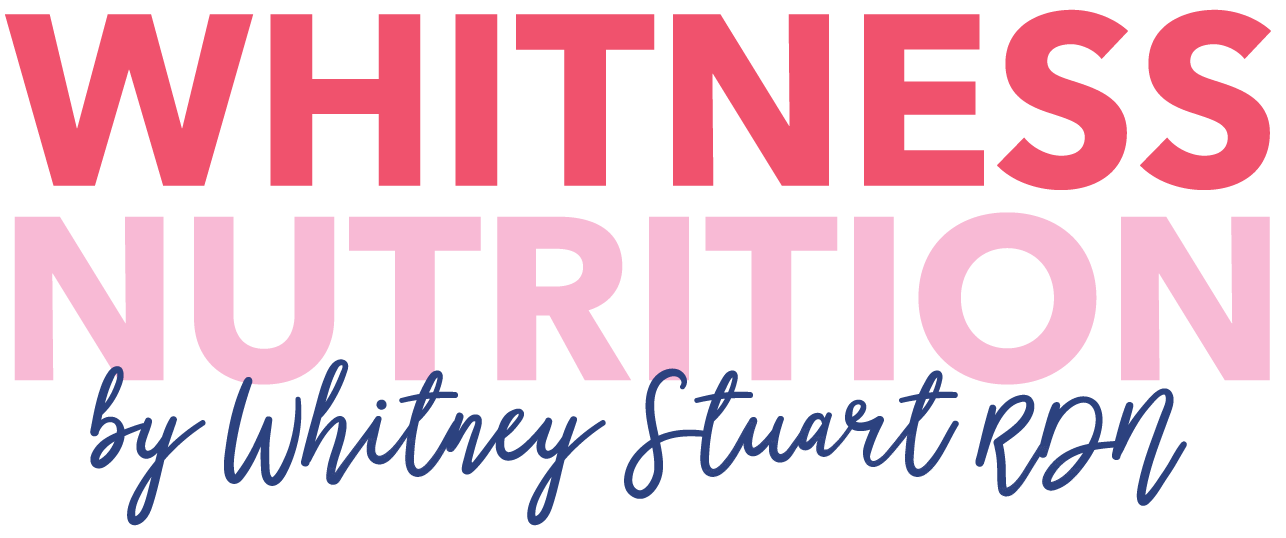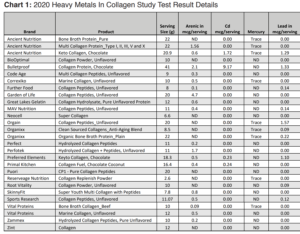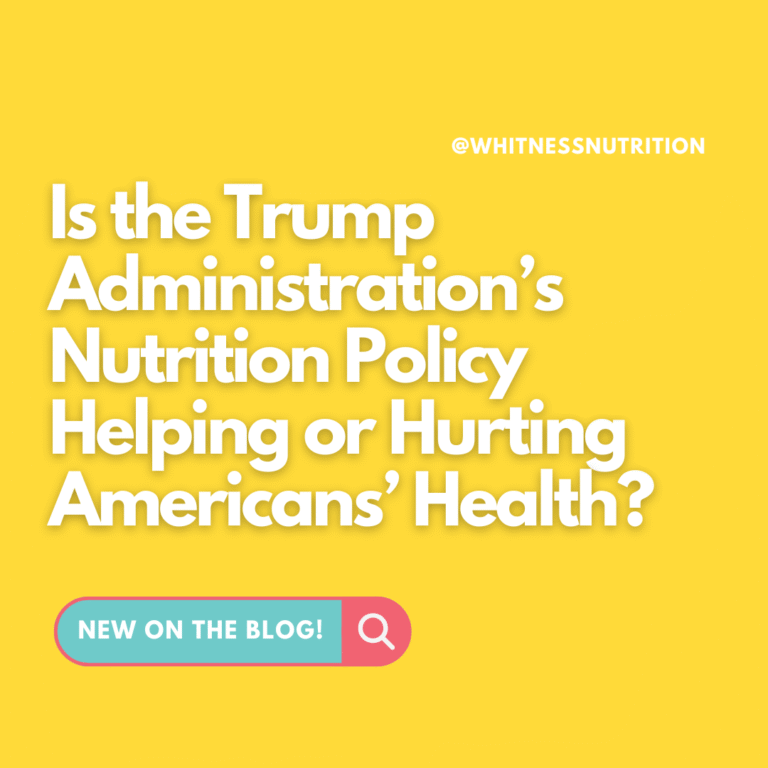Metal Tested Collagen Peptide Alternatives
Collagen peptides have gained widespread popularity for their impressive health benefits, from improving joint pain and gut health to supporting skin elasticity and bone strength. However, with growing concerns about heavy metal contamination in supplements, it is essential to choose a high-quality, tested product.
In this in-depth guide, we’ll explore:
– The benefits of collagen supplementation
– How heavy metals can contaminate collagen
– What to look for in a safe collagen powder
– How to incorporate collagen into your diet
Metal Tested Collagen Peptide Alternatives
Do you pay attention to heavy metal exposure? Or, did you see your Instagram blow up with news about the recent lawsuits against Vital Protein collagen peptides regarding Prop 65 and heavy metal testing and wonder if you’ve been out of the loop?
Let’s back up and discuss first, why should you be concerned about heavy metals in the first place. Or, should you be concerned at all?
Why Should We Be Concerned About Heavy Metals?
Heavy metals such as lead, cadmium, mercury, and arsenic can accumulate in the body over time and pose serious health risks. These toxins have been linked to neurological damage, kidney dysfunction, cardiovascular issues, and increased inflammation. Long-term exposure, even in small amounts, can disrupt cellular function and contribute to chronic diseases.
Where Do Heavy Metals in Collagen Supplements Come From?
Heavy metals are naturally present in soil, water, and the environment, which means that the bones, skin, and connective tissues used to make collagen supplements can absorb them. Factory farming practices, environmental pollution, and contaminated water sources can also increase heavy metal levels in animal-based collagen products. This is why choosing a lab-tested, third-party verified collagen supplement is crucial to ensure purity and safety.
How Do Heavy Metals End Up in Collagen?
Heavy metals such as lead, mercury, arsenic, and cadmium can contaminate collagen supplements due to environmental pollution, animal feed, and manufacturing processes.
Sources of Heavy Metal Contamination in Collagen
-
Soil and Water Pollution – Heavy metals naturally accumulate in grazing pastures and marine environments, contaminating bovine and fish collagen sources.
-
Industrial Waste – Processing plants may introduce metals into the final product.
-
Animal Feed and Bioaccumulation – Cattle or fish raised in contaminated environments accumulate heavy metals in their bones and connective tissue, which are then used to make collagen.
-
Unregulated Manufacturing – Some brands skip heavy metal testing, leading to unsafe levels in their supplements.
Why Are Heavy Metals Harmful?
-
Lead – Can cause neurological damage, hormone disruption, and reproductive issues.
-
Mercury – Impacts the nervous system, leading to cognitive issues and fatigue.
-
Cadmium – Linked to kidney damage and weakened bones.
-
Arsenic – A carcinogen that affects skin, lungs, and cardiovascular health.
A 2017 California Proposition 65 complaint found that multiple collagen products from Vital Proteins contained levels of lead and cadmium exceeding safety limits. This raises concerns about supplement quality and sourcing.
How to Support Your Body’s Natural Detoxification
While exposure to heavy metals is difficult to avoid completely, you can support your body’s natural detoxification pathways with these simple strategies:
- Eat a Nutrient-Dense Diet: Include foods rich in antioxidants, fiber, and sulfur (such as cruciferous vegetables, garlic, and onions) to aid detoxification.
- Support Liver Health: The liver plays a crucial role in detoxing heavy metals. Nutrients like glutathione, vitamin C, and milk thistle help optimize its function.
- Eat Anti-Inflammatory: Pull in nutrients whenever you can by adding color to your diet in the form of seasonal produce, eat multiple servings of wild caught fish per week and be diligent about reading your labels to avoid artificial flavors, colors and added sugar.
- Stay Hydrated: Drinking plenty of filtered water helps flush out toxins through the kidneys.
- Sweat It Out: Engaging in exercise, sauna sessions, or hot yoga can help eliminate toxins through sweat.
- Choose Clean Supplements: Opt for collagen brands that undergo third-party heavy metal testing to reduce exposure risk.
Okay, back to the heavy metal collagen peptides!
This was from a 2017 filing which addressed four products.
- Vital Proteins Grass Fed Collagen Pasture Raised Whey Cocoa & Coconut Water (lead, cadmium),
- Vital Proteins Collagen Veggie Blend (lead, cadmium),
- Vital Proteins Collagen Peptides Dark Chocolate & Blackberry (lead),
- Vital Proteins Grass Fed Pasture Raised Collagen Peptides Vanilla & Coconut Water (lead).
Source: https://oag.ca.gov/system/files/prop65/complaints/2017-02480C5316.pdf
This isn’t the first time there’s been concerns about heavy metals in food products. I am constantly teaching patients how to read labels and vouch for themselves. At the end of the day, it’s our job to be aware of what we’re buying, supporting, and consuming. But that is super overwhelming and really hard when you’re at the grocery store on a time limit. I hear you!
The table here is from clean label project, “64% of the collagen products tested had measurable levels of Arsenic on a per serving size basis ranging from 0.09 micrograms/serving up to 4.7 micrograms/serving. The Garden of Life Un favored Collagen Peptides product tested had the most amount of Arsenic among the 30 collagen products tested.”
Common Heavy Metals of Concern
Heavy metals are naturally occurring elements that, in excessive amounts, can be toxic to human health. Some of the most concerning include lead, mercury, arsenic, cadmium, and nickel, which are known for their potential to accumulate in the body over time and cause various health issues. Other metals such as copper, zinc, iron, and manganese are essential for bodily functions but can become harmful at high levels. These metals can enter the food supply through contaminated soil, industrial pollution, or the use of metal-containing fertilizers and pesticides. Ensuring that collagen supplements undergo third-party heavy metal testing is crucial to minimize exposure and protect long-term health. (Mosby et al. 1996). These heavy metals are commonly found in the environment and diet. In small amounts they are required for maintaining good health but in larger amounts they can become toxic or dangerous. Heavy metal toxicity can lower energy levels and damage the functioning of the brain, lungs, kidney, liver, blood composition and other important organs. Repeated long-term exposure of some metals and their compounds may even cause cancer (Jarup, 2003).
Note that exposure to heavy metals in not concerning unless they are consumed in excess. But, this is also why checking products that are used regularly, like each day in your coffee, are the one’s to be most careful with, because toxicity is more likely!
Cadmium is a common heavy metals. In large amounts, Cadmium can:
Why Take Collagen Peptides?
Collagen peptides have gained popularity for their impressive health benefits, from improving joint pain to supporting gut health and bone health. Although collagen peptides seem very similar to protein powder, it’s a different product completely! As the most abundant protein in the body, collagen plays a crucial role in maintaining connective tissue, skin elasticity, and overall structural integrity. However, as we age, collagen production declines, leading to wrinkles, joint stiffness, and weakened cartilage. Supplementing with a quality collagen supplement can help replenish these levels and provide essential amino acid that promote repair and regeneration.
Scientific Evidence Supporting Collagen Supplementation
A randomized controlled trial (RCT) published in the Journal of Nutrition found that collagen peptide supplementation significantly improved skin elasticity, hydration, and dermal collagen density after 12 weeks. Another RCT demonstrated that individuals taking collagen powder for six months experienced reduced joint pain and increased joint mobility, particularly among athletes and older adults.
Additionally, research highlights collagen’s role in gut health, as it contains glycine and proline, which help maintain a healthy gut lining and reduce inflammation. Whether you’re looking to support joint health, improve skin appearance, or enhance recovery, collagen peptides can be a powerful addition to your routine.
4 Whitness Nutrition-Approved Collagen Peptides
For those looking for safely sourced, lab-tested, and metal-free options, here are four collagen supplements that meet our rigorous standards:
Whitness Nutrition approved collagen peptides
- from grass-fed animals on pasture
- from animals raised without the use of antibiotics.
- below 0.5 ug/day of lead and require no Prop. 65 Warning for California.
Sources: https://www.ncbi.nlm.nih.gov/pmc/articles/PMC4427717/
1. Truvani Marine Collagen
✅ Why We Recommend It:
- Wild-caught fish collagen, ensuring purity and sustainability
- High in type I collagen, essential for skin and hair health
- Third-party tested for heavy metals and contaminants
- Easily dissolves in water for a smooth texture
🔗 Shop Truvani Marine Collagen Here
2. Further Food Collagen Peptides
✅ Why We Recommend It:
- Grass-fed, pasture-raised bovine collagen for superior quality
- No artificial flavors, sugars, or fillers
- Verified heavy metal testing for safety
- Supports joint health, gut health, and skin elasticity
🔗 Shop Further Food Collagen Here
3. CB Supplements Multi-Collagen Protein
✅ Why We Recommend It:
-
- Multi-source collagen (bovine, fish, eggshell, and chicken) for comprehensive benefits
- Includes hyaluronic acid and vitamin C to enhance absorption
- Lab-tested for purity and low heavy metal content
🔗 Shop CB Supplements Multi-Collagen Here
4. BUBS Naturals Collagen Protein
✅ Why We Recommend It:
- Sourced from grass-fed, pasture-raised bovine collagen
- Keto and paleo-friendly with no added sugars
- NSF Certified for Sport, ensuring high quality and purity
- Supports joint, gut, and skin health
🔗 Shop BUBS Naturals Collagen Here
Tips for Choosing a High-Quality Collagen Supplement
- Check for Third-Party Testing: Look for brands that test for heavy metals and contaminants.
- Verify the Source: Opt for sourced from grass-fed bovine or wild-caught fish collagen.
- Consider Additional Ingredients: Some brands include hyaluronic acid, vitamin C, or MCT oil for enhanced absorption.
- Review the Serving Size: Ensure you’re getting an adequate dose—most research suggests 10-20g per serving.
- Avoid Artificial Additives: Choose unsweetened, non-GMO collagen powders free from unnecessary fillers.
Another site review (see here) discussed that the following brands use cramped conditions for their animals, and/or didn’t respond about heavy metals. Thus, I would take extra precaution with these:
- Ancient Nutrition Multi-Collagen Peptides: tested for trace levels of mercury
- Beachbody Collagen Peptides
- BioSil Advanced Collagen Generator
- Bulletproof Collagen Protein Chocolate: Has levels of lead and cadmium above what the State of California says is safe.
- Correxiko Marine Collagen, Unflavored: has tested for trace amounts of mercury
- Isopure Unflavored Collagen Peptides
- Orgain Grassfed Pasture Raised Collagen Peptides: This brand tested for lead amounts above what the State of California says is safe. And also had trace amounts of mercury via labs mentioned. Just because something is sources from grass fed cows doesn’t mean that it isn’t high in heavy metals.
- Organixx Collagen: This brand tested for trace amounts of mercury via labs
- Picnik Collagen Creamer
- Perfect Keto Collagen Peptides
- Modere Collagen Peptides
- Reserveage Nutrition Collagen Replenish Powder: Tested for trace amounts of mercury
- Vital Proteins Collagen Peptides: This brand tested for trace amounts of mercury. After analyzing the California Attorney General’s office we noticed that Vital Proteins has numerous 60-day notices from consumer & consumer groups to the Attorney General. These notices are a precursor to a lawsuit.
- Vital Proteins Beef Gelatin Powder
- Youtheory Collagen Advanced Formula Tablets: has between 0.5 ug/day and 15 ug/day of lead per their prop. 65 warning (lower lead warning)
Easy Ways to Add Collagen to Your Diet
Incorporating collagen into your daily routine is simple and versatile. Here are some easy ways to use it:
- Blend it into your morning coffee or tea – It dissolves easily and is tasteless.
- Mix it into smoothies – Adds protein and supports gut health. Our smoothie guide has so many options for you try!
- Stir into oatmeal or yogurt – A seamless way to boost nutrition.
- Add to soups and broths – Enhances both flavor and protein content.
- Use in baking – Incorporate it into pancakes, muffins, or energy bites.
- Mix with water or juice – A quick and easy option on busy days.
How do I know if my collagen has heavy metals? Tips for Choosing a High-Quality Collagen Supplement
- Check for Third-Party Testing: Look for brands that test for heavy metals and contaminants.
- Verify the Source: Opt for sourced from grass-fed bovine or wild-caught fish collagen.
- Consider Additional Ingredients: Some brands include hyaluronic acid, vitamin C, or MCT oil for enhanced absorption.
- Review the Serving Size: Ensure you’re getting an adequate dose—most research suggests 10-20g per serving.
- Avoid Artificial Additives: Choose unsweetened, non-GMO collagen powders free from unnecessary fillers.
Final Thoughts
Choosing a high-quality collagen supplement is essential for reaping its health benefits while avoiding unwanted contaminants. By selecting a metal-tested, well-sourced collagen powder, you can support gut health, bone health, and joint pain relief with confidence











Thank you for this article. Looking into collagen after a month on hylauronic acid supplements and seeing some benefits. Def want to make sure what I’m taking to help me, doesn’t end up hurting me ie heavy metal toxicity. Neocell is at my local vitamin shop so Inthink it will be the winner. Thanks again!
so happy to help you!!!
I purchased a product that I thought I had researched enough, began taking it about 3 weeks ago, and now see it listed on your website. Garden of Life, Grass Fed Collagen w/Peptides, Type 1 & III + Probiotics. You claim it has the highest content of arsenic. This is from a 2017 finding, but can you give an updated research result? Is this product still loaded with arsenic? Even the grass fed type? I’m a bit concerned now. I’m doing my best to rid myself of any metals and toxins. I have a few conditions that I’m trying to manage without the help of big Pharm. Can you shed some current light on this product? Thanks.
Great to check the EWG website for this!
Is Native Path Collagen peptides Bone Health safe to take due to lead and heavy metals in it?
it looks like they have a COA testing! so a good choice
Is there a collagen peptide in a chocolate flavor that is say “safe’ to use in coffee every morning.
Yes great question! Further Food https://bit.ly/43BCsJc
This is a sponsored post, correct?
It is not sponsored. Or it would state such. I’m not sure who it would be sponsored by – there is no one brand shared here, there are multiple options presented with research.